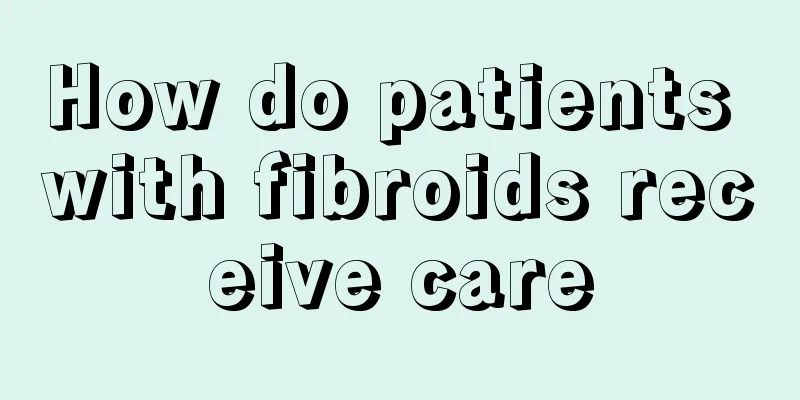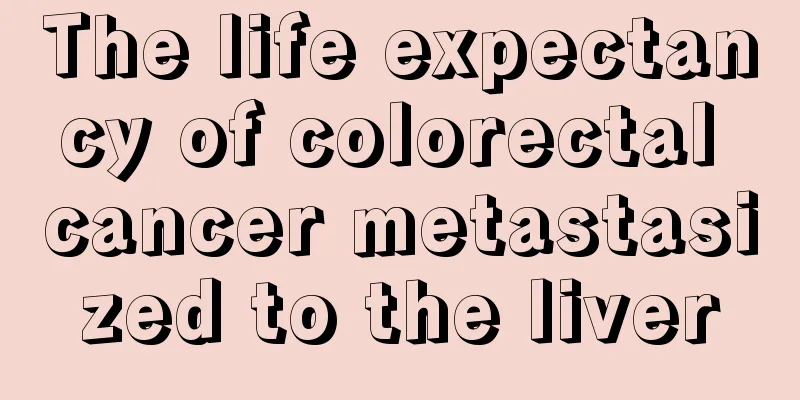What are the hazards of hydrochloric acid

|
There are often all kinds of items in our lives, but not every item has many benefits to our body. For example, hydrochloric acid can cause certain harm to our body. We all know that hydrochloric acid is a highly volatile gas, which is often inhaled into the body through the mouth and nose. However, due to its certain irritation, hydrochloric acid has many side effects on our body. Let us understand the hazards of hydrochloric acid. Hydrochloric acid is an aqueous solution of hydrogen chloride, a mixture. Pure hydrochloric acid is a colorless liquid with a pungent odor. Industrial concentrated hydrochloric acid is yellow in color because it contains impurities (Fe3+). Concentrated hydrochloric acid is volatile. When the bottle cap of concentrated hydrochloric acid is opened, white acid mist will immediately appear at the bottle mouth. This is because the hydrogen chloride gas evaporated from the concentrated hydrochloric acid comes into contact with water vapor in the air, forming small hydrochloric acid droplets that disperse in the air to form acid mist. Strong acid, reacts with alkali to produce chloride and water What are the hazards of hydrochloric acid? Contact with its vapor or smoke can cause acute poisoning, resulting in conjunctivitis, burning sensation of the nasal and oral mucosa, epistaxis, gingival bleeding, tracheitis, etc. Accidental ingestion may cause gastrointestinal burns, ulcer formation, and may cause gastric perforation, peritonitis, etc. Contact with eyes and skin may cause burns. Chronic effects: Long-term contact can cause chronic rhinitis, chronic bronchitis, tooth erosion and skin damage. Environmental hazards: It is harmful to the environment and may cause pollution to water and soil. Explosion hazard: This product is non-flammable, highly corrosive and irritating, and can cause burns to the human body. Toxicological data and environmental behavior Acute toxicity: LD50900mg/kg (rabbit oral); LC503124ppm, 1 hour (rat inhalation) Hazardous characteristics: Can react with some active metal powders to release hydrogen. It can produce highly toxic hydrogen cyanide gas when it comes into contact with cyanide. It reacts with alkali to produce a large amount of heat. Highly corrosive. Combustion (decomposition) products: Hydrogen chloride Our life is always colorful, and all things are multifaceted. There is always a good side and a bad side to us. Through understanding the harmful effects on human health, we must learn to play to our strengths and avoid our weaknesses, and try to make full use of and discover the advantages and good sides of things. |
<<: What are the hazards of grilled sausages
>>: What are the treatments for sciatic nerve block
Recommend
Is bulging cardia an early symptom of cancer?
A bulge in the cardia is not necessarily an early...
How to care after colon cancer surgery
When colon cancer occurs, don't be careless. ...
Carbohydrates prevent colorectal cancer
Cancer. I believe many people will shudder when t...
What are the causes of environmental pollution?
The environment is very important to each of us. ...
The difference between Juniperus chinensis and Thuja orientalis
Plum, orchid, bamboo and chrysanthemum are common...
How to remove old acne marks on the back
The face and back are both high-incidence areas f...
What to do if the left leg is numb due to lumbar disc herniation
Leg numbness is a normal phenomenon, and there ar...
How to prevent gray hair
In this amazing world, anything can happen. White...
White spots on the skin
In life, it is a very common phenomenon to have s...
What are the dietary treatments for cough without phlegm?
Coughing without phlegm is a problem that many pe...
How to remove oil stains from clothes
In daily life, we often come into contact with oi...
Is it good to sweat when you have a cold?
Although the common cold is a very common disease...
How to eat Cordyceps sinensis nutritiously
Cordyceps can be made into many nutritious delica...
Can I drink alcohol after getting rabies vaccine
After getting the rabies vaccine, there are actua...
Exercise can improve health in patients with colon cancer
As we all know, colon cancer may recur after surg...









